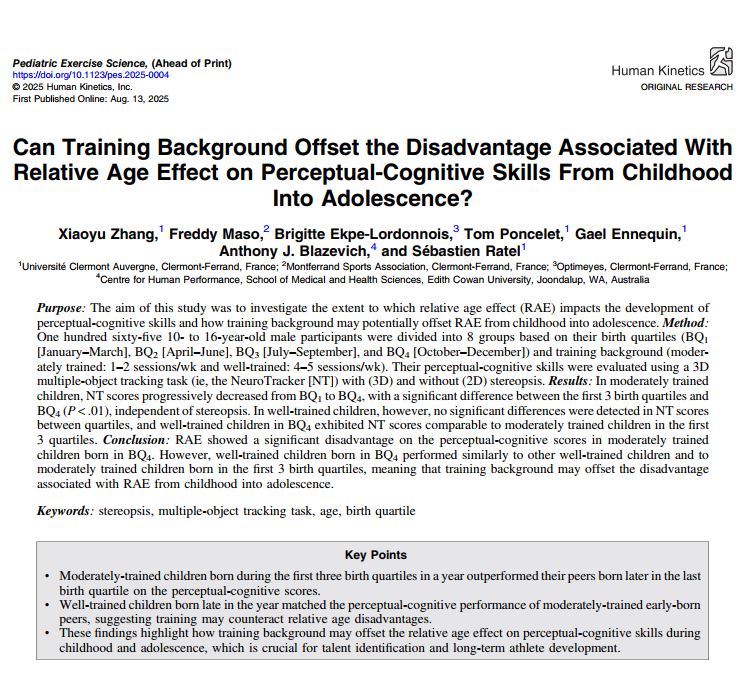Welcome to the Research and Strategy Services at in today's fast-paced.


The word concussion stirs up a lot of fear and anxiety in many people. These fears, however, are not wholly unjustified. In fact, there is growing evidence that points to the perils of repeat concussions. These include early dementia, such as Alzheimer’s, and chronic traumatic encephalopathy. What exacerbates matters is that brain injuries are often tough to identify and remedy. The signs may not show immediately, and brains respond differently to impact.
Concussions are seen in kids, adults, seniors and happen in everything from combat to youth football. The Centers for Disease Control and Prevention estimates that in the U.S., 10% of athletes will suffer from a sports-related concussion in a given season. That equates to about 3.8 million sports-related concussions per year. Note that this is only in sports, and even then, about 47% of concussed athletes do not self-report.
It’s no wonder, therefore, that the NFL, Department of Defense and the National Institutes of Health all fund studies about brain injuries and how to prevent them. So what does the future of concussion prevention look like? Can wearable technology register the strength of a hit on a player? Let’s take a look at some of the technological tools that have been developed with concussion prevention in mind.
Now, there is a mouthguard that is used to prevent concussions. Essentially, this device contains sensors that are similar to the ones found in your cellphone: accelerometers and gyroscopes. When someone is struck in the head, it is able to tell you how the head moved at a thousand samples per second. David Camarillo, a professor of bioengineering and mechanical engineering at Stanford, is using the mouthguard on football players to learn more.

Photo Credit: Bob Stephan under CC BY-SA 2.0
The principle behind the mouthguard is that it fits onto your teeth. Your teeth have a high correlation to the center of gravity of the brain. This is due to the mouthguard’s placement in relation to the rear molars, which are attached to the base of the skull. Your teeth are one of the hardest substances in your body, so this placement gives a precise measurement of how your skull moves and rotates during a collision.
Why is this important? Well, researchers are starting to believe that concussions are more likely to occur when the head rotates in a certain manner. Camarillo even suspects that the forces from a violent rotation of the head rapidly travel down the center of the brain. As a result, it dissociates a bundle of nerve fibers called the corpus callosum that connects the right and left lobes.
How can you slow down the rapid descent? With a better helmet! Camarillo is working with Hövding, a Swedish company, to design a helmet that could help prevent concussions. Hövding has already designed an innovative bicycle helmet. Bike riding is the leading cause of concussions in kids. Hövding’s helmet contains an airbag that inflates, fixates on your neck and provides powerful shock absorption. It does this through sensors that detect the cyclist’s movement patterns and react in case of an accident. The helmet is a perfect example of how companies are looking at new ways to prevent concussions.

Some medical professionals have already started to use NeuroTracker in concussion rehabilitation therapy. In fact, a pediatric and sports vision specialist recently discussed how he uses NeuroTracker as a tool in post-concussion recovery sessions. When we consider the future of concussion treatment, more experts are saying NeuroTracker could play an important role.
With all these new developments, there seems to be hope for concussion treatment and prevention. Luckily, the future does not look so bleak!
Featured Image: Lauren Irons under CC BY-ND 2.0








Welcome to the Research and Strategy Services at in today's fast-paced.

Many professional roles require cognitive performance to be sustained over long periods rather than demonstrated briefly. This article explains how sustained cognitive load shapes performance in knowledge-work and monitoring environments.

An overview of the important interpretational difference between temporary changes in brain state, and durably lasting changes in cognitive capacities.

An interpretive overview explaining why cognitive training outcomes vary across individuals, how factors such as baseline ability, state, and measurement influence results, and why variability should be expected.
.png)